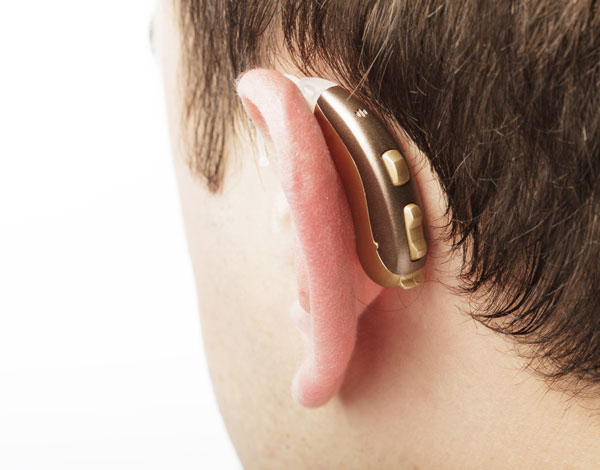Do you suffer from hearing loss but are not currently seeking treatment? If so, you are part of the 80 percent of the 48 million individuals in Louisville and around the country who could find benefits from a hearing aid but choose not to do so. While your reasons may range from denial or simply not wanting to look old, the time for better hearing is now. There are countless “facts” floating around about hearing aids. Today we are here to set the record straight.

Myth: Hearing aids can actually damage your hearing.
Fact: If your hearing aid is properly fitted and well maintained it will not cause any additional damage to your hearing.
Myth: Buying the “best hearing aid” from an audiologist is a waste of money since you can easily buy one from a big-box retailer or even online.
Fact: While it is true that hearing aids are generally less expensive when purchased from a large retailer, this method has some major downfalls. When you visit an audiologist for your hearing health care needs they will first perform a series of tests, and will not recommend a model until the results are in. They will then use an extremely sensitive computer to program the device to match your specific degree of hearing loss. Once the hearing aid is programed, follow-up visits are encouraged. These visits allow your audiologist to fine-tune and adjust the device to make sure it is working well; they will also use these visits to complete any necessary hearing aid repairs. Big box retailers use a much simpler programming method as well as a one-size-fits-all approach. This means you could be fitted with a device that is not right for your specific type of hearing loss.
Myth: The best hearing aids are the ones you can’t see.
Fact: It is true that as hearing aid technology rapidly evolves many manufacturers are creating smaller and smaller devices. Some are implanted into the ear canal, making them practically invisible. This size of device is typically only appropriate for those with mild hearing loss. These small devices often have the shortest battery life and a limited number of additional features. Behind-the-ear and receiver-in-the-ear are the most common models and are appropriate for a wide variety of levels of hearing loss. These styles have the largest number of additional features and contain the biggest batteries. Your Louisville audiologist will help you determine the best style for you based on your type and degree of hearing loss.